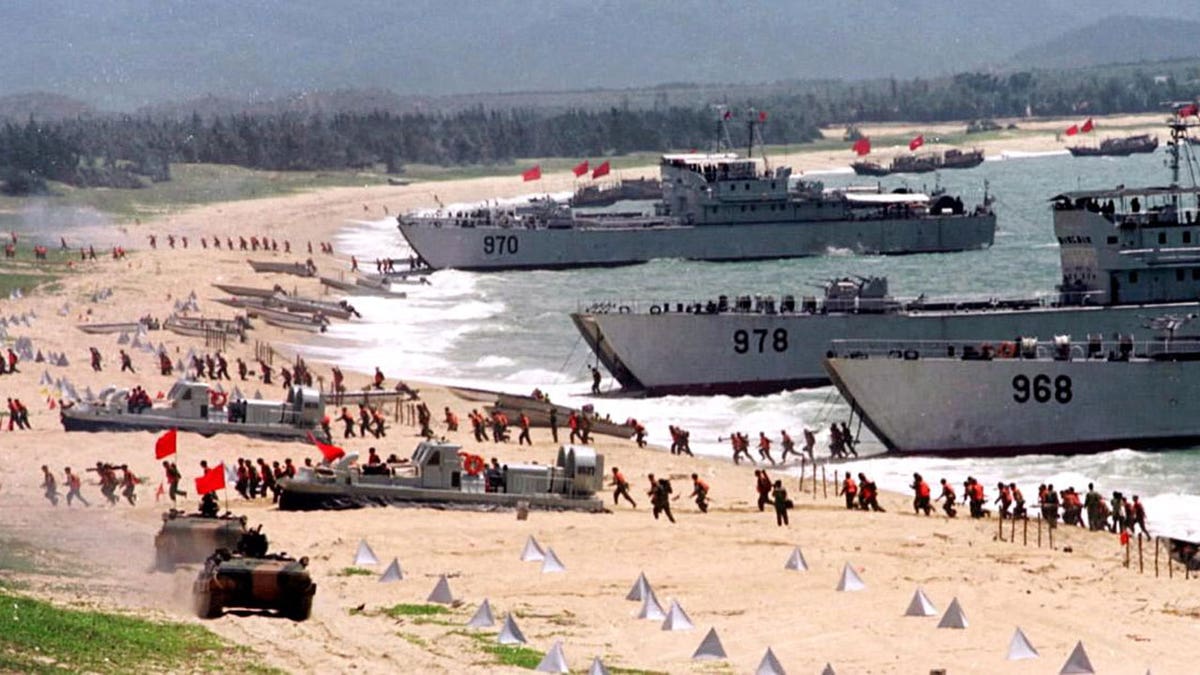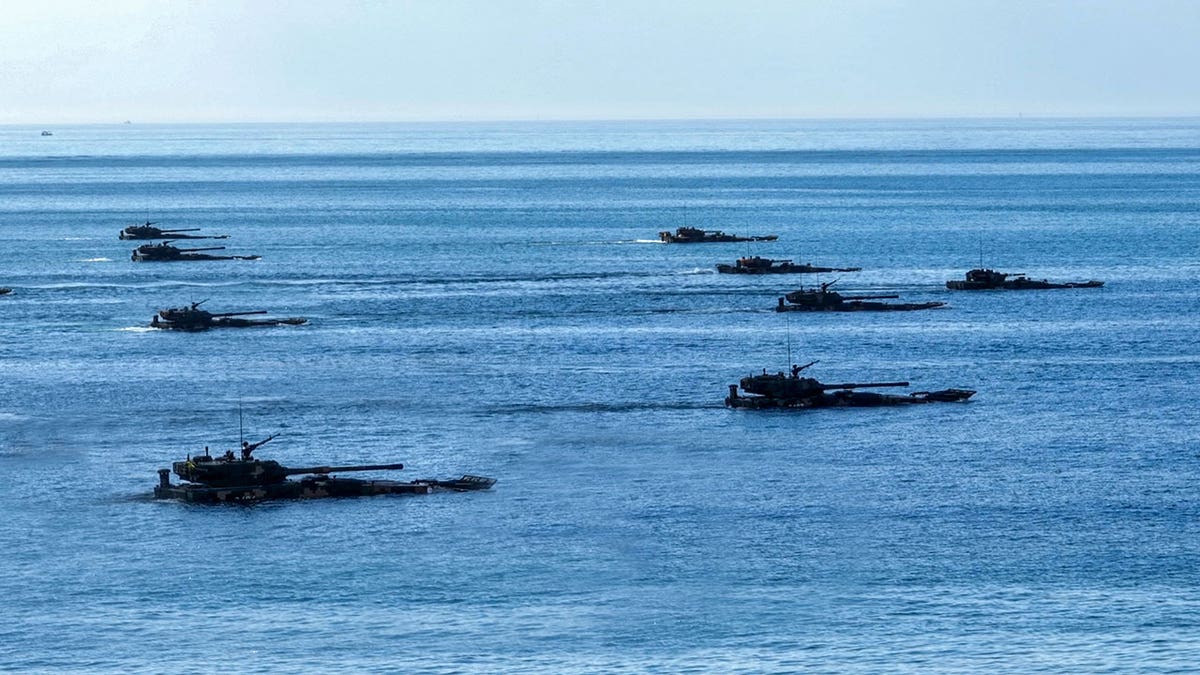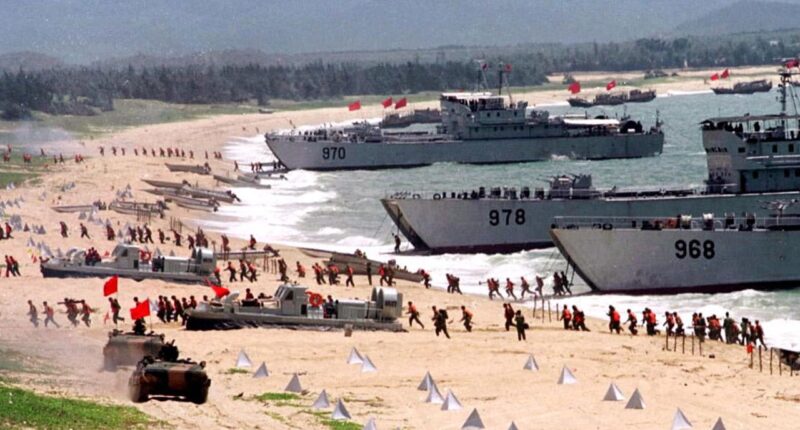Share this @internewscast.com
Voters in Taiwan are heading to the polls on Saturday to determine whether Taipei should reestablish its nuclear power capabilities as the island faces significant energy vulnerabilities amid increasing concerns over threats from China.
In May, Taiwan decommissioned the Maanshan Nuclear Power Plant — its final operational nuclear plant — after the ruling Democratic Progressive Party (DPP) committed in 2016 to eliminate nuclear power by 2025 due to concerns related to nuclear fallout following the 2011 Fukushima disaster in Japan.
Security experts have since warned that this move further exposes Taiwan’s vulnerabilities to China as the island relies heavily on energy imports, significantly depending on countries like the U.S., Australia, Saudi Arabia, and Qatar for both Liquefied Natural Gas (LNG) and crude oil imports.
“Taiwan’s energy dependence is an Achilles heel,” Craig Singleton, the China Program senior director and senior fellow with the Foundation for Defense of Democracies (FDD), commented during a media briefing after a delegation’s visit to the island earlier this month.

People’s Liberation Army (PLA) storm the shore from landing crafts in an exercise on the mainland coast near Taiwan, Sept. 10, 1999. (STR/Xinhua/AFP via Getty Images)
“Nuclear power does, in my view, change that calculus, offering a lot of continuity under coercion, and I believe it truly complicates Beijing’s strategy,” Singleton asserted.
Ultimately, he said that Taiwan needs to better diversify its energy needs in order to better protect against a potential Chinese blockade.
“The U.S. needs to help Taiwan diversify fast, cut exposure to vulnerable suppliers like Qatar, and probably prepare for a contest of endurance because I think that’s exactly how China is thinking about this issue,” he added, noting Qatar’s relationship with China and its large number of LNG exports to Bejing.

The PLA Navy and the PLA Army conduct a cross-day and all-factor live-fire red-blue confrontation drill in Zhangzhou City, Fujian Province, China, Aug 24, 2022. (CFOTO/Future Publishing via Getty Images)
Singleton pointed out that Ukraine has proven a helpful case study, not just when it comes to the vulnerabilities of the Zaporizhzhia nuclear power plant, but how an invading nation can target the vulnerabilities in every aspect of the energy sector.
“Ukraine shows that energy is one of the fastest ways to undermine a country’s will. And obviously Russia targeted power to free cities and to fracture cohesion and to force concessions,” Singleton explained. “I think Beijing is absolutely studying that playbook.”

















